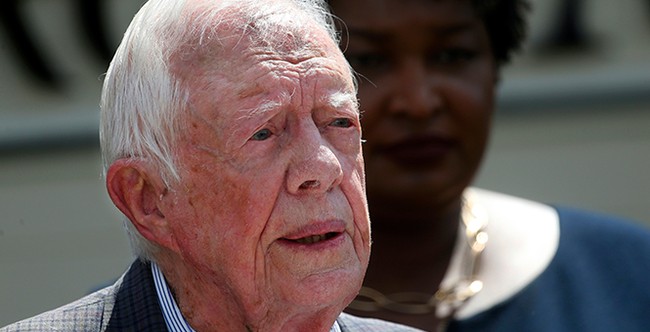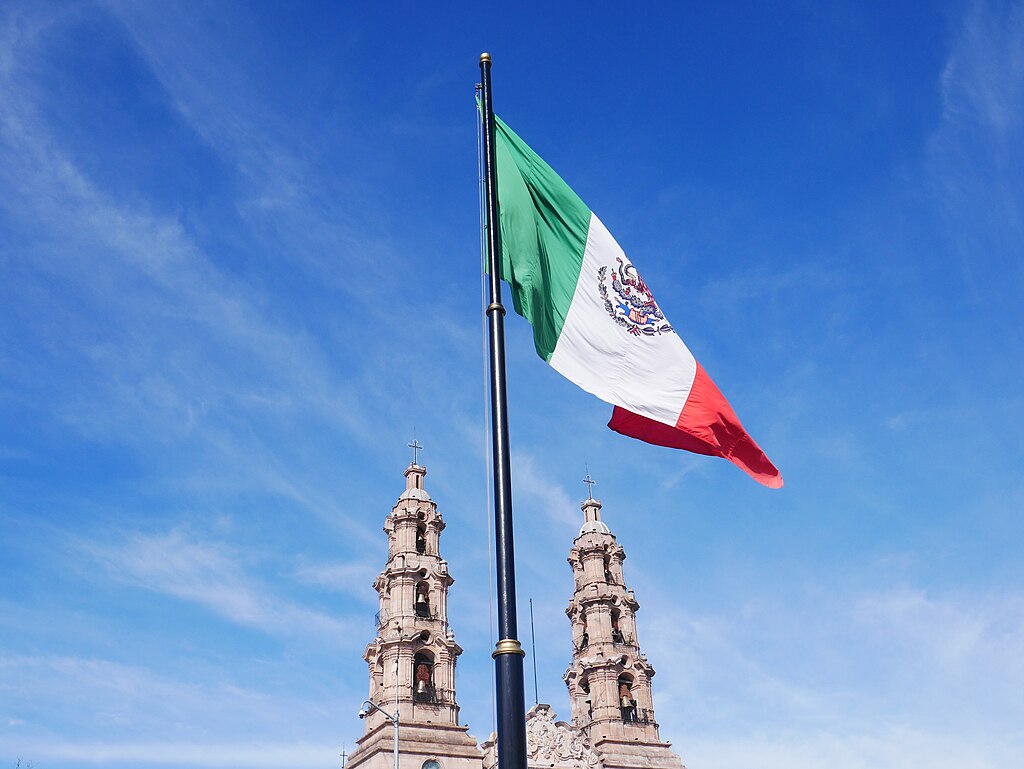Reflecting on Jimmy Carter's Diverse Legacy
Jimmy Carter's life and legacy present a rich tapestry of leadership, humanitarian efforts, and challenges that defined his presidency and beyond.
Published December 30, 2024 - 00:12am

Image recovered from townhall.com
Jimmy Carter, the former President of the United States, passed away at the age of 100. Known primarily for his humanitarian work after serving as the 39th President from 1977 to 1981, Carter was the oldest living U.S. president at the time of his death. His passing marks the end of an era, as he was a figure who inspired by example long after his political career ended.
Born and raised in Plains, Georgia, Carter took up farming after serving in the Navy. He later ventured into politics, first as the governor of Georgia, where he aimed to reform education, improve race relations, and implement fiscal responsibility. His political journey brought him to the presidency during one of America's most challenging times, post-Watergate, when the nation desired a leader who symbolized a fresh start.
Carter's presidency was marked by significant achievements and daunting challenges. He was praised for the Camp David Accords, a peace agreement between Israel and Egypt, showcasing his commitment to diplomacy and peace. However, his term was greatly overshadowed by the Iran Hostage Crisis, where 52 American diplomats and citizens were held hostage for 444 days, ultimately costing him his re-election in 1980.
Beyond his presidency, Carter received the Nobel Peace Prize in 2002 for his tireless efforts in global peace and humanitarian work. His post-presidential years were dedicated to causes like Habitat for Humanity, where he actively participated in building homes for those in need. Despite the criticism of his presidency, Carter's later years cemented his legacy as a compassionate and dedicated public servant.
Jimmy Carter's death on November 26, 2023, followed closely after the passing of his wife, Rosalynn. This marks the end of a poignant chapter not only for their family but for the many who looked up to Carter as a beacon of humility and service. He is survived by his children and a legacy that intertwines his political and personal triumphs with earnest efforts for justice and peace on the global stage.
Despite the mixed assessments of his presidency, with the Iran Hostage Crisis and economic struggles as key detractors, Carter eventually gained recognition for his post-political contributions towards human rights and conflict resolution worldwide. Historians have credited him with the ability to reinvent himself, leaving a towering example of what can be achieved when life's later years are embraced as a time to contribute positively to society.
Carter's departure may prompt a reassessment of his influence, shedding light on the fact that his life's work went far beyond the confines of the Oval Office. His legacy, distinct for its depth in humanitarian achievements and failures as a president, provides a nuanced look into American politics and its evolutions in the latter half of the 20th century.







